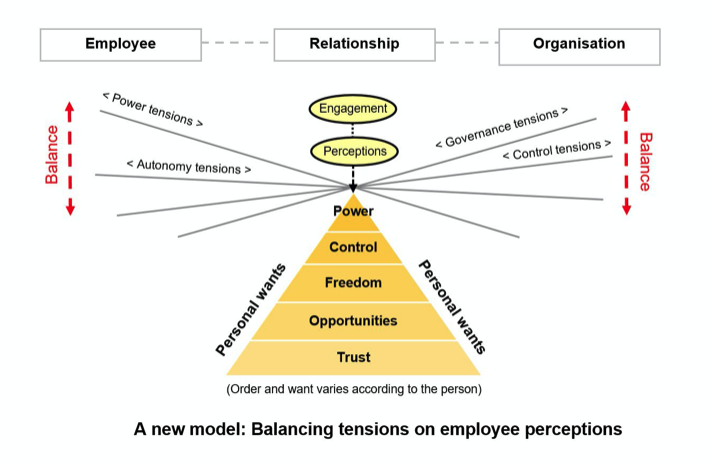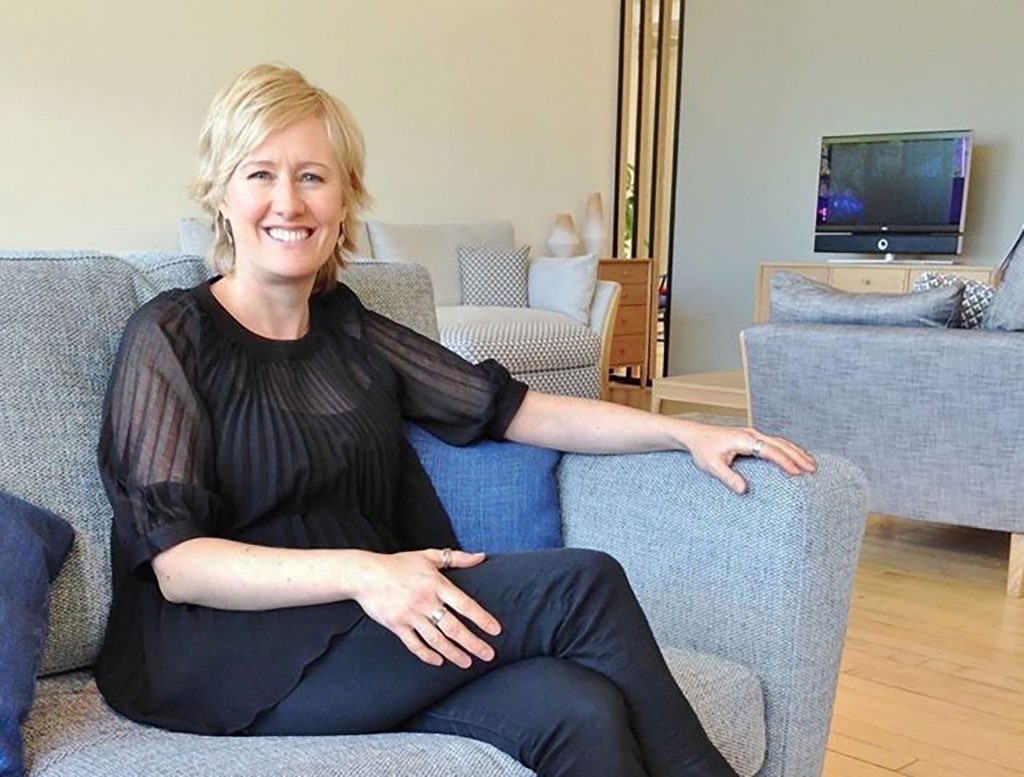Employers should consider asking their teams what their expectations are of the organisation, to help marry up their perceptions between the organisation and their personal needs, says Sarah Hudson
Have you ever felt as though some employees give their best at work, going the extra mile and appear happy in everything they do whilst others seem withdrawn or worse, actively detached from their work? This is known as ‘employee engagement’.
In 2013 the management consultancy group Gallup identified that only 13% of employees worldwide are engaged at work; 63% are disengaged, (i.e. they lack motivation) and 23% are actively disengaged, (i.e. they are unproductive and hold a negative demeanour in the workplace).
The psychologist William Kahn, writing for Academy of Management Journal in 1990, first introduced the concept of personal engagement explaining that ‘in engagement, people employ and express themselves physically, cognitively and emotionally during role performances’ and in 2008 following the financial crash, the UK Department for Business, Innovation and Skills (BIS) commissioned an extensive study by MacLeod and Clarke (2009) to determine whether employee engagement could benefit UK performance.
Drawing on contributions from some of Britain’s biggest brands, the authors concluded the study with a categorical yes.
As part of my Oxford Brookes Global MBA dissertation, I spent 10 months researching the business phenomenon of employee engagement in Google and WL Gore & Associates. I sought ways to improve relationships at work by identifying people-management practices associated with employee engagement in high-performing organisations and assessed how these practices affected performance. My findings revealed that numerous practices and contexts were working together and key themes such as structure, autonomy, hiring, retention and culture were identified. Most of these practices were transferable but often with terms and conditions.
The key reason why some employees give their best at work and appear happy in everything they do is largely down to something called the psychological contract. This is based on employee expectations of the organisation and what the employees feel they get back for their efforts. It’s extremely subjective and varies from person to person reinforcing what William Kahn promotes about personal engagement.
The research on Google and WL Gore & Associates highlighted that workplace tensions are balanced on employee perceptions, where employee perceptions are founded on a hierarchy of wants that are personal and unique to each employee. Tensions tend to span a wide variety of contexts such as power, control and governance. Think of it as a tug of war where the rope is the relationship and at one end of the rope you have the employee and at the other end you have the organisation as a whole. When there’s balance between these, employees tend to be more productive which naturally benefits the business as well. To add complexity to this dynamic relationship, the balancing act also rests upon the employee’s personal ‘wants’ such as autonomy, freedom and opportunities. Employee engagement derived from how the employee perceived the collective give-and-take of these from the organisation.

So the next time you’re taking your team for their annual appraisal, consider asking them what their expectations are of the organisation and see if you can help marry up their perceptions between the organisation and their personal needs. Remember, it’s not a one-brush-does-all approach because, as Kahn says, it’s ‘personal’.
Sarah Hudson believes time is our best resource and values quality in everything. Life, business and relationships all need quality to generate the best health, wealth and happiness. Sarah believes quality can be achieved with time, originality and simplicity.

She is Project Coordinator for Ercol Furniture and coordinate the introduction of new products to retail, export and contract markets globally. She has nine years’ experience in the operations field of project management and eight years’ experience in the creative field as a furniture designer. Sarah holds an award-winning MBA from Oxford, is a PRINCE2 in project management and as a BA (hons) in furniture and product design. She is on the steering committee for Oxford Brookes Summer School and holds an award from the RSA.



